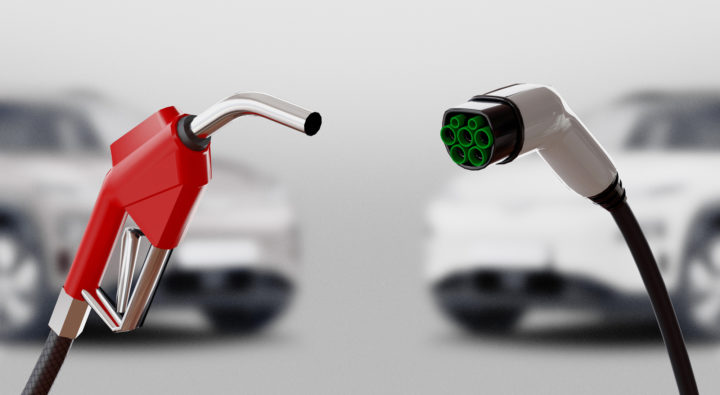Global momentum: The energy price shock and the transition to electric vehicles
The global oil and gas crunch will further spur electrification of the energy system.
Last updated:
The global oil and gas crunch will further spur electrification of the energy system
Futures markets indicate continued high and volatile oil, gas and power prices, linked to Covid-19 and Russia’s invasion of Ukraine, at least until 2025.
As nations place greater value on energy security and reducing cost, we expect accelerated investment in electrification of heating and transport, as well as in renewable power, as the cheapest source of electricity.

We seem to be at a tipping point in electrification of the transport system, indicated by the number of EV models available in Europe – at 184 models, up five-fold compared with five years ago.
Global EV sales more than doubled in 2021, and we expect similar growth in 2022.
Germany and Britain led the world’s biggest economies in EV share of new passenger vehicle sales in 2021, at 26% and 22% respectively.
Sales growth has caught out analysts. Sales this year are likely to overshoot expectations for 2030, as forecast by Goldman Sachs just five years ago, as well as the International Energy Agency’s EV fleet projections looking likely to be passed.
EV batteryprices have fallen 89% since 2010 and are projected to fall a further 66% by 2035.

This report compares the costs and savings over the average or expected 14-year ownership period of a vehicle in Britain and Germany, for three popular EV brands versus equivalent combustion cars.
All EV models generate net savings over the lifetime of the vehicle.
Average net savings of £8.3k in Britain and €7.4k in Germany, over a 14-year lifetime, imply national cash savings of £300 billion and €353 billion respectively, over the next 14 years, if replicated across national passenger car fleets.
Making a conservative assumption that 10% of the EV battery value will be available to consumers at scrappage, average net savings rise to £8.7k in Britain and €7.8k in Germany
The EV premium above the upfront price of an equivalent combustion car is significantly higher in Germany than in Britain for two of the three models looked at in this report, indicating carmakers are capturing Germany’s EV grants, now phased out in Britain.

